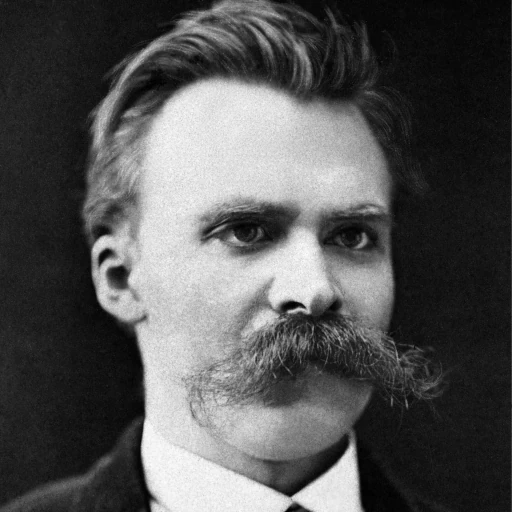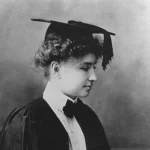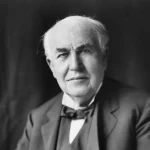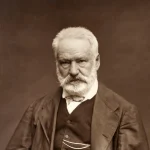“The surest way to corrupt a youth is to instruct him to hold in higher esteem those who think alike than those who think differently.”

- October 15, 1844 – August 25, 1900
- Born in Germany
- Philosopher, poet, and classical philologist
- With works such as “Thus Spoke Zarathustra,” “Beyond Good and Evil,” and “The Genealogy of Morals,” he questioned traditional morality, religion, and truth, and had a major impact on modern philosophy.
Quote
“The surest way to corrupt a youth is to instruct him to hold in higher esteem those who think alike than those who think differently.”
Explanation
In this quote, Friedrich Nietzsche critiques the tendency to encourage conformity over independent thought. He argues that teaching young people to value similarity in thinking and to admire those who hold the same beliefs leads to a form of intellectual corruption. For Nietzsche, true growth and development come from being exposed to and engaging with different perspectives. By valuing divergent thinking, youth are encouraged to think critically and independently, rather than simply adopting the ideas of others. Conformity, in Nietzsche’s view, stifles creativity, individualism, and the ability to question established norms.
Historically, this quote reflects Nietzsche’s broader opposition to societal systems that prioritize uniformity and discourage independent thought. He believed that institutions such as religion, politics, and traditional education often promoted conformity, which limited personal freedom and self-expression. Nietzsche’s ideal was a society where individuals are free to develop their own unique perspectives, rather than adhering to groupthink or following the opinions of the majority. He saw diversity in thought as a source of strength and creativity, both for the individual and for society as a whole.
In modern contexts, this quote can be applied to education, workplaces, and social dynamics. In many settings today, there is often a tendency to reward conformity and discourage original thinking or nonconformity. For example, students who challenge the traditional curriculum or propose new ideas might be seen as disruptive, rather than celebrated for their creativity. Nietzsche’s words remind us of the importance of fostering critical thinking, encouraging young people to question the status quo, and value those who think differently. By doing so, we can help cultivate a society that values innovation, diversity, and the ongoing search for truth.




